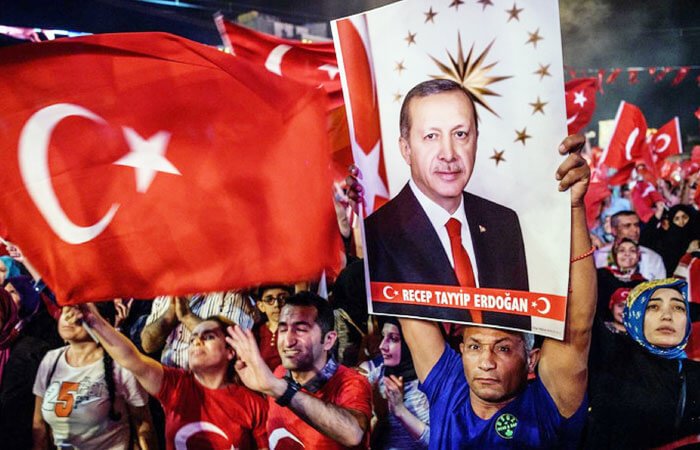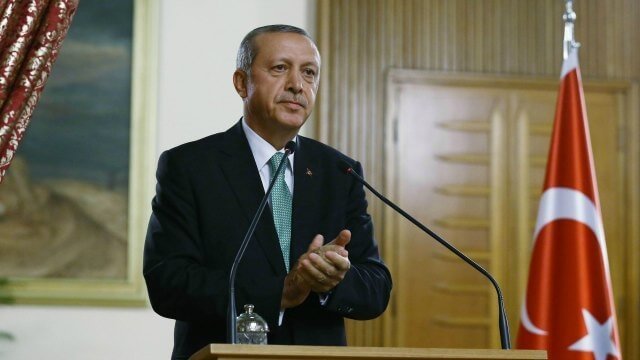Turkey will release some 38,000 prisoners under a penal reform announced on Wednesday as the arrests of tens of thousands of people suspected of links to July’s attempted coup burden overstretched jails.

The reform, extending an existing probation scheme, was one of a series of measures outlined on Wednesday in two new decrees under a state of emergency declared after the July 15 failed putsch during which 240 people were killed. The government gave no reason for the reform.
Turkey’s Western allies worry President Recep Tayyip Erdogan is using the crackdown to target dissent. Angrily dismissing Western concerns over stability in the NATO member, Turkish officials say they are rooting out a serious internal threat. The decrees, published in the country’s Official Gazette, also ordered the dismissal of 2,360 more police officers, more than 100 military personnel and 196 staff at Turkey’s information and communication technology authority, BTK.
Those dismissed were described as having links to US-based Muslim cleric Fethullah Gulen, whom Ankara accuses of orchestrating the putsch when rogue troops commandeered tanks and jets in an attempt to overthrow the government. Gulen denies involvement in the coup. Under the penal reform, convicts with up to two years left in sentences are eligible for release on probation, extending the period from one year. The “supervised release” excludes those convicted of terrorism, murder, violent or sexual crimes.

To be eligible for the scheme, prisoners must have served half of their sentences. Previously they were required to have already served two thirds of their sentence. “This measure is not an amnesty,” Justice Minister Bekir Bozdag wrote on Twitter of the penal reform. “Around 38,000 people will be released from… jail in the first stage as a result of this measure.”
TEACHERS, JUDGES, EXECUTIVES
Alongside tens of thousands of civil servants suspended or dismissed, more than 35,000 people have been detained in the purge. Judges, journalists, police, and teachers are among those targeted for suspected links to Gulen’s movement. Turkish police on Tuesday searched the offices of a nationwide retail chain and a healthcare and technology company, detaining executives who authorities accuse of helping finance Gulen’s network.

Erdogan, already accused by critics of creeping authoritarianism before the coup bid, says Gulen and his followers infiltrated government institutions to create a ‘parallel state’ in an attempt to take over the country. Western criticism of the purge and Ankara’s demands U.S. officials extradite Gulen have already frayed ties with Washington and the European Union (EU), increasing tensions over an EU deal with Turkey to stem the flow of migrants.
Incensed over a perceived lack of Western sympathy over the coup attempt, Erdogan has also revived relations with Russia, a detente Western officials worry may be used by both leaders to pressure the European Union and NATO. Measures in Wednesday’s decrees will also enable former air force pilots to return to duty, making up for a deficit resulting from the dismissal of military pilots in the wake of the putsch attempt.
Turkey declared a three-month state of emergency on July 21. Under previous emergency rule decrees, Turkey had already dismissed thousands of security force members as well as ordering the closure of thousands of private schools, charities and other institutions suspected of links to Gulen.
Feature Image Source: Reuters

















